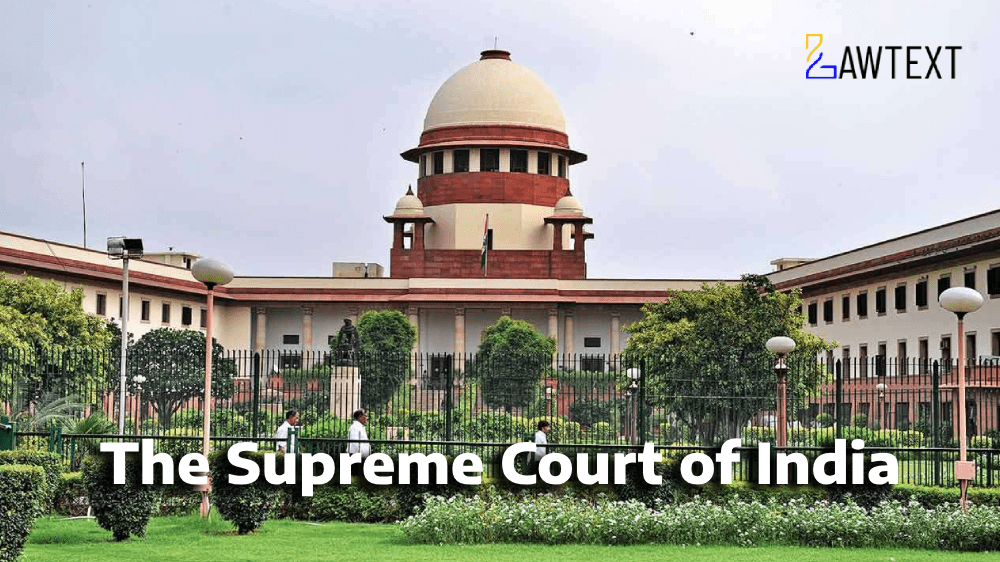CASE NOTE & SUMMARY
The Supreme Court of India dismissed appeals filed by the Kerala Public Service Commission (KPSC) and candidates possessing qualifications higher than the prescribed ones for the post of Lower Division Clerk (LDC) in the Kerala Water Authority. The judgment emphasized that the KPSC's erratic stance on qualifications created confusion and unfairly impacted applicants. The court reaffirmed that only the specified qualifications in the recruitment notification are acceptable, stressing the importance of stability in public service recruitment practices.
1. Background & Dispute Initiation
- Recruitment Notification (July 2012): KPSC notified openings for LDC positions in Kerala Water Authority, specifying a "Certificate in Data Entry and Office Automation" from recognized institutions.
- Initial Challenge: Shebin A.S. filed a writ petition arguing that higher qualifications, such as a Diploma in Computer Applications (DCA), should also be accepted.
2. Judicial Proceedings in High Court
- Single Judge’s Decision (2014): Allowed the petition, ruling that the notification lacked clarity regarding higher qualifications.
- KPSC’s Appeal (2015): A Division Bench overturned the judgment, supporting the KPSC’s original stance of not recognizing DCA as an equivalent qualification.
3. KPSC's Contradictory Actions
- Inclusion of DCA Holders in Ranked List: Despite the favorable ruling, KPSC included candidates with DCA and other higher qualifications in the ranked list, which led to a new writ petition by Gireeshkumar T.M. and others in 2023.
- KPSC's Changing Stance: In subsequent affidavits, KPSC shifted to claiming DCA as a recognized higher qualification, sparking further litigation.
4. High Court’s Final Stand
- Learned Judge’s Order (2023): Directed KPSC to exclude candidates without the prescribed qualification from the ranked list.
- Division Bench Confirmation (2024): Rejected the appeals, reaffirming that KPSC's inconsistent stance was legally unsustainable.
5. Supreme Court's Decision & Ratio
- Final Dismissal: The Supreme Court held that KPSC failed to justify its reversal on qualification criteria and maintained that only candidates meeting the original notification requirements could be appointed.
- Principle of Consistency: Emphasized that public authorities like KPSC must uphold consistency in their actions, as unpredictability undermines the rule of law.
Acts and Sections Discussed
- Kerala State and Subordinate Service Rules, 1958 (Rule 10(a)(ii)): Addressed the possibility of recognizing higher qualifications, though only where specified.
- Kerala Water Authority (Administrative, Ministerial and Last Grade) Service Rules, 2011: Governed the qualifications for LDC posts, without provision for higher qualifications in this case.
- Kerala High Court Rules (Rule 148): Discussed in relation to impleading affected candidates.
Ratio Decidendi
The Supreme Court reaffirmed that public authorities must adhere strictly to prescribed qualifications in recruitment processes. Any inconsistency or deviation in public authorities' stance, especially without systematic evaluation, disrupts legal standards and fairness, particularly in public service employment matters. This judgment underscores the expectation of stability and consistency in governmental actions, impacting individuals' lives and aspirations in a predictable manner.
Subjects:
Employment Law, Public Service Recruitment, Judicial Review
Kerala Public Service Commission, Recruitment Dispute, Qualification Standards, Supreme Court Judgment, Administrative Law
Citation: 2024 LawText (SC) (11) 40
Case Number: Civil Appeal Nos. ………… & ……...... of 2024 (@ Special Leave Petition (C) Nos. 5077-5078 of 2024) with Civil Appeal Nos. ………… & ……...... of 2024 (@ Special Leave Petition (C) Nos. 4709-4710 of 2024) Civil Appeal Nos. ………… & ……...... of 2024 (@ Special Leave Petition (C) Nos. 4723-4724 of 2024) Civil Appeal Nos. ………… & ……...... of 2024 (@ Special Leave Petition (C) Nos. 7538-7539 of 2024)
Date of Decision: 2024-11-04
Case Title: Anoop M. and others Versus Gireeshkumar T.M. and others ETC.
Before Judge: (PAMIDIGHANTAM SRI NARASIMHA J., SANJAY KUMAR J.)
Appellant: Anoop M. and others
Respondent: Gireeshkumar T.M. and others ETC.

